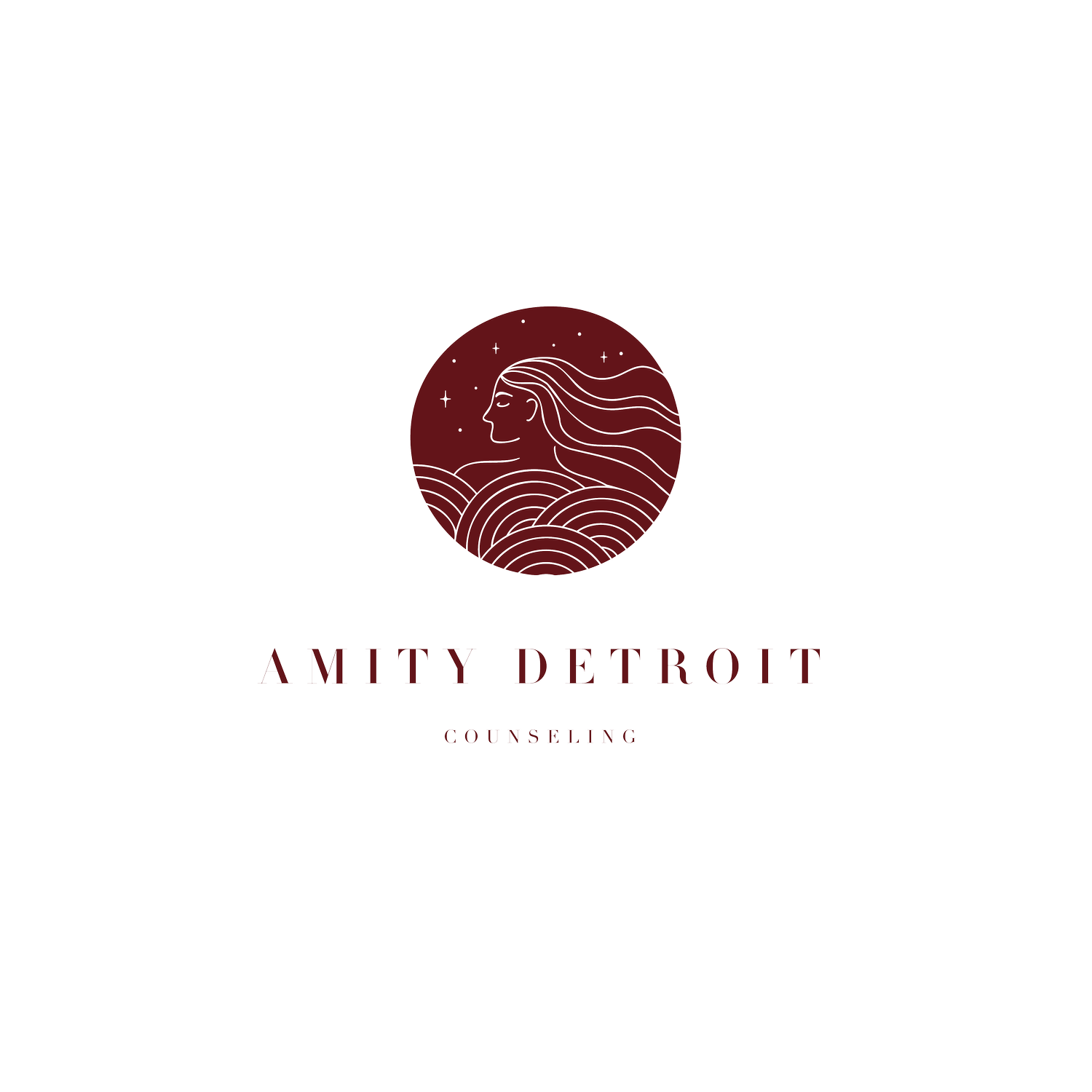Rebranding “Daddy Issues”
Why It’s Harmful to Use “Daddy Issues” an an Insult
This phrase makes me cringe so much, and you might feel similarly. To say that someone has “daddy issues” is typically a fast way to metaphorically throw a punch to someone’s gut — and that someone is usually a woman. In my experience, this phrase is casually thrown around as an insult that’s used to discredit what a woman experiences in an intimate relationship. As in, when someone expresses a concern in a relationship, they can be met with. “They just have daddy issues that they’re projecting onto me.”
I want to focus on two of the many ways this can be harmful. First: that this one phrase, or phrases similar to it, completely minimize whatever very real concern someone might have. For example, if someone is upset because their partner disappears for days at a time without responding to any text messages or phone calls, deflecting the concern can be a strategy used to avoid accountability. This deflection protects their partner from confronting their own shame and confusion around their behavior.
Secondly, it’s harmful because sometimes it’s true. Let’s replace “daddy issues” with “family of origin issues,” “trauma histories,” or “caregiver wounds.” It is not only common, but to be expected, that at times past relationship dynamics are activated in an intimate partnership. This doesn’t mean that anyone with any degree of past hurt can’t be in a relationship. We do have the power to gain insight into how our personal family histories impact how we show up in relationships, and we do have the power to move beyond these patterns. However, the more a partner uses past hurt as an insult, the more shame one will experience, and the less likely they will be to move towards insight and healing.
Is It “Normal” to Feel Sad on Father’s Day?
In honor of Father’s Day, I want to say in plain English that it’s okay to have “Daddy Issues.” If you don’t have a relationship with your father, don’t have a living father, have deep wounds from your father, or anything in between: None of this is your fault. It’s not your fault that your father couldn’t meet your needs, betrayed your trust, or left your life. If there’s grief, anger, or shame, these are only signs that you deserve care and support. These are never signs that you are “damaged goods,” have too many issues, or are incapable of having beautiful, fulfilling intimacy in your adult life. It’s completely “normal” or appropriate for Father’s Day to be especially activating for these types of pain points.
Sometimes we all respond to our “daddy issues” in adult, intimate relationships. And when we do, we need compassion from ourselves and from those around us to course-correct. Shame and blame will do nothing to move us forward. This kind of shortcut to shame has become so common in pop culture that I hear this kind of quick dismissal in the way we talk about women not only in romantic contexts, but any time someone has motivation to shut down a woman expressing their feelings.
Seeking Support
I hear from a lot of people that they feel embarrassed to talk about the ways their relationship with their dad has impacted them because it feels too stereotypical. This is especially true for my BIPOC clients; that there are enough negative stereotypes out there about men of color that they may be hesitant to share about the ways their relationship with their father has been painful. I completely hear this, and I’ve felt my own versions of this at times, too. If you identify with this, I want you to know that each person’s narrative is so uniquely nuanced and no two stories are the same. I never get tired of hearing about how my clients’ upbringings and relationships with their fathers have impacted them. Each person has such a rich inner world that not even two siblings in the same family will describe their parents in the exact same way.
If you’re looking for understanding, support, and peace with your relationship to your father, family, or caregivers, let this be your nudge that your therapist won’t think you’re just a stereotype. We’re here for you. If you’re in Michigan or Pennsylvania and are drawn to my work, schedule a free consultation today.
